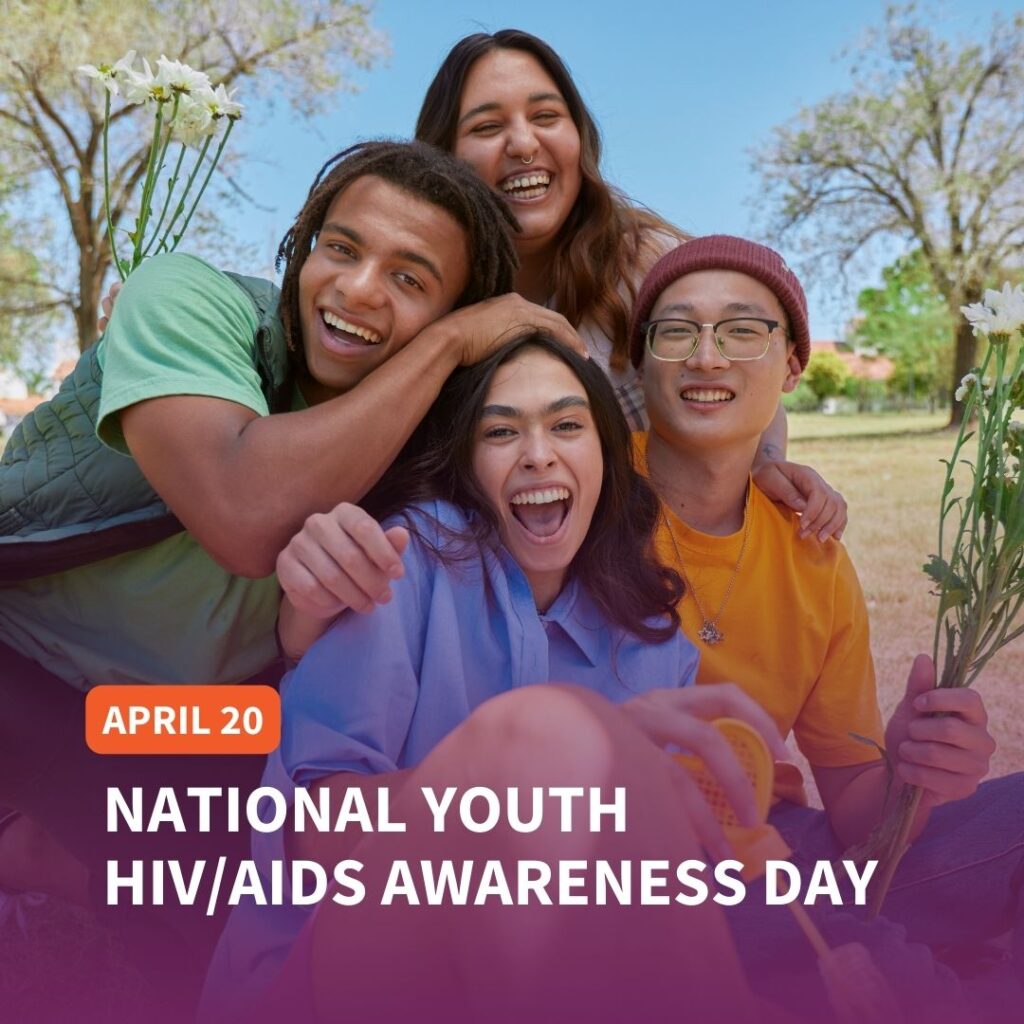A new study shows the effectiveness of antiretroviral therapy (ART) in preventing HIV transmissions in mixed-status couples.
The PARTNER study found zero new infections in HIV-mixed couples where the positive status partner was receiving suppressive ART. The study took part from 2010 to 2014, conducted in 75 different locations in 14 European countries.
Exactly 767 HIV-mixed couples took place in the study that documented more than 30,000 sexual acts. The study only looked at couples where the HIV-negative partner was not taking PReP (a pill that helps prevent infection for HIV-negative people), and the HIV-positive partner was on ART. These couples must have engaged in unprotected anal or vaginal sex in the month prior to the beginning of the study.
One third of the couples studied were homosexual men, a demographic that was excluded in two similar surveys that were conducted in 2008 and 2011.
The exclusion of homosexual couples baffled researches of the current study, since the Centers for Disease Control and Prevention reported that 63 percent of all new HIV infections in 2012 occurred in male-to-male sex, and anal sex is one of the riskiest activities for transmission. The researchers will now go onto phase 2 of the study, which takes an exclusive look at homosexual male couples.
The study underscores the importance of testing for new HIV infections. But only 1 in 6 people who are HIV-positive know of their status according to the CDC. The better people know about their HIV status, the more they can do to get effective antiretroviral treatment, which helps extend life expediency and stop the spread of HIV/AIDS.



